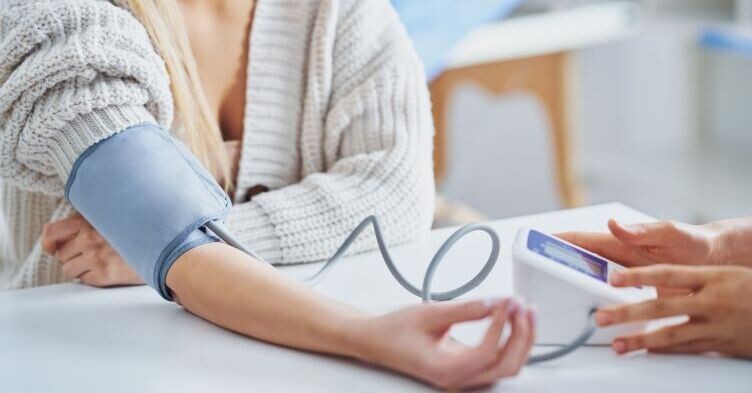Smart watches could give early warning of heart failure

Smart watches may be give patients later in life an early warning of heart failure and detect irregular cardiac rhythms , according to a new study led by University College London (UCL).
Researchers found that wearable devices such as smart watches could identify people at risk of cardiovascular disease at an early stage by picking up extra heartbeats over short recordings.
Related Article: Diagnosis Connect service will link people to advice from charities
The findings were published in The European Heart Journal and could mean high-risk patients access earlier treatment and lifestyle advice, reducing the risk of heart failure.
Extra heartbeats are usually benign but if they occur frequently they can be linked to both heart failure and arrhythmia. Heart failure is a condition in which the heart pump is weakened and is hard to treat. Atrial fibrillation, caused by abnormal electrical impulses in the heart, results in an irregular and often fast heart rate. Both are life-limiting conditions and can lead to fatigue, dizziness, and strokes.
To investigate the potential use of smart watch readings, the researchers looked at data from 83,000 people aged 50 to 70 who had no known cardiovascular disease. Each participant had undergone a 15-second electrocardiogram (ECG), comparable to the kind produced by smart watches and phone devices.
The researchers used machine learning and an automated computer tool to identify recordings with extra beats. These extra beats were classed as either premature ventricular contractions (PVCs), coming from the heart’s lower chambers, or premature atrial contractions (PACs), coming from the upper chambers.
Related Article: CVD prevention must be national health priority, says report
The analysis showed that one in 25 of the recordings had an extra heartbeat over the short measurement time. It was found that these people had a two-fold risk of developing heart failure or an irregular heart rhythm (atrial fibrillation) over the next ten years.
An extra beat coming from the lower chambers of the heart was linked to a twofold increase in later heart failure, while an extra beat from the top chambers was linked to a twofold increase in cases of atrial fibrillation.
Lead author Dr Michele Orini from UCL said: ‘Our study suggests that ECGs from consumer-grade wearable devices may help with detecting and preventing future heart disease.’
Related Article: Prescribing in England to be led by a single national formulary
She said the next step would be investigating how screening people using wearables might work best in practice.
She added: ‘Such screening could potentially be combined with the use of artificial intelligence and other computer tools to quickly identify the ECGs indicating higher risk, as we did in our study, leading to a more accurate assessment of risk in the population and helping to reduce the burden of these diseases.’

See how our symptom tool can help you make better sense of patient presentations
Click here to search a symptom




